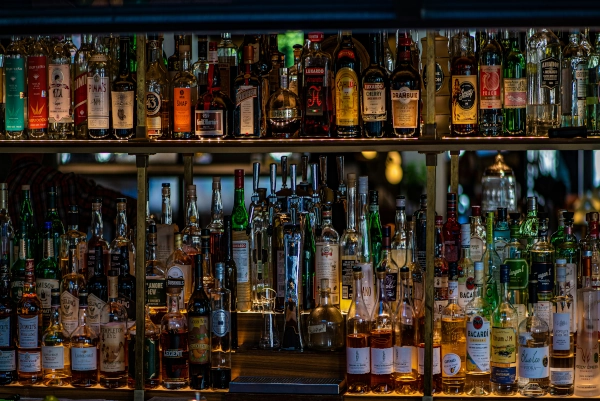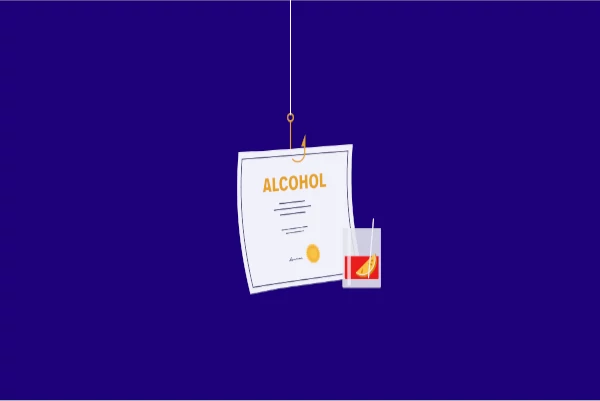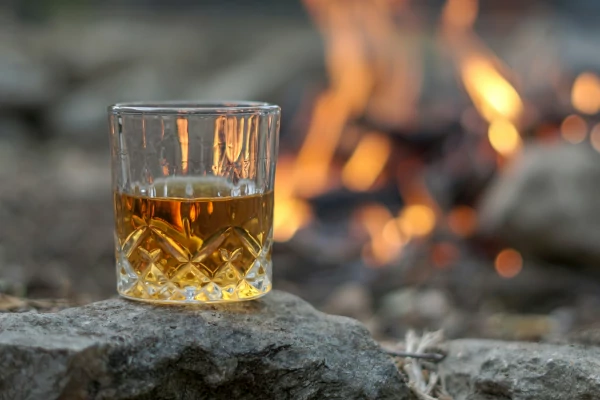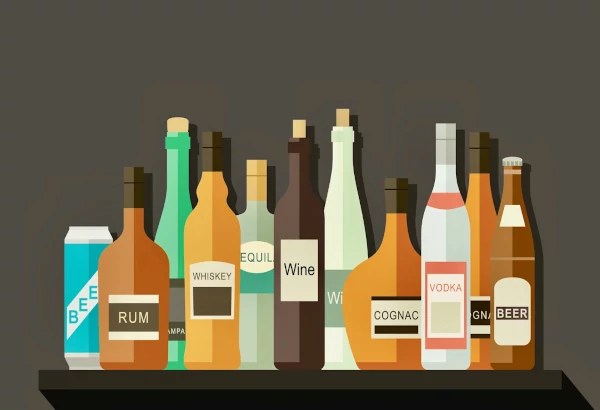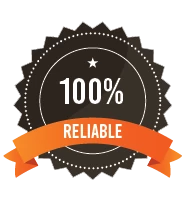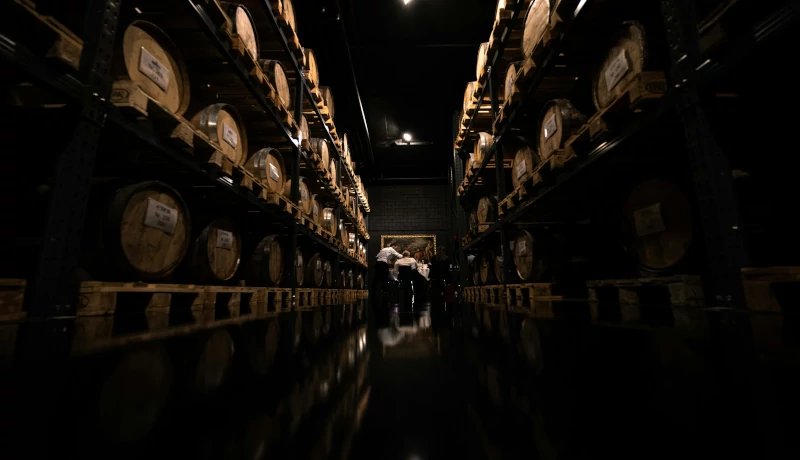
The Sobering Truth Climate Change's Impact on Liquor Production
Explore how climate change is shaking up the world of liquor production, altering flavors and challenging traditions. Sip into the story of weather woes and taste tweaks in your favorite drinks!
Introduction:
As the world grapples with the far-reaching consequences of climate change, industries across the board are feeling its effects. From agriculture to tourism, no sector is immune to the disruptions caused by shifting weather patterns and rising temperatures. Among the many industries facing challenges, the liquor production sector stands out as particularly vulnerable. In this article, we'll explore the significant ways in which climate change is impacting liquor production, from the cultivation of ingredients to the aging process, and discuss potential solutions for mitigating these effects.
1. Shifts in Agricultural Practices:
One of the fundamental ingredients in many alcoholic beverages is agriculture, and climate change is altering traditional growing conditions. Changes in temperature, rainfall patterns, and the frequency of extreme weather events can all affect the quality and yield of crops like barley, grapes, agave, and more. For example, warmer temperatures can lead to grapevines ripening earlier, potentially affecting the flavor profile of wines and the timing of harvests. Additionally, increased drought conditions may compromise the availability of water for irrigation, putting further strain on farmers.
2. Quality and Flavor Alterations:
The distinct flavors and characteristics of liquors are often closely tied to the regions where their ingredients are grown. As climate change disrupts these regions, it can lead to alterations in the flavor profiles of various spirits. For instance, changes in soil composition and temperature can impact the taste of grains used in whiskey production, while variations in rainfall can affect the sugar content and acidity of grapes used in winemaking. These shifts challenge the consistency and quality that consumers expect from their favorite brands.
3. Challenges in Water Availability:
Water is a critical resource in liquor production, both for irrigation in agriculture and for the distillation process itself. However, climate change is exacerbating water scarcity in many regions around the world. As competition for water resources increases, distilleries may face challenges in securing an adequate supply for their operations. Moreover, changes in precipitation patterns can lead to water quality issues, such as increased salinity or contamination, further complicating the production process.
4. Disruption of Aging Processes:
For aged spirits like whiskey and rum, the aging process is crucial for developing complex flavors and aromas. However, climate change is disrupting traditional aging conditions, particularly in regions with fluctuating temperatures and humidity levels. Warmer temperatures can accelerate the aging process, leading to spirits maturing more rapidly than intended. Conversely, extreme temperature fluctuations can cause barrels to expand and contract, affecting the interaction between the spirit and wood and potentially compromising the final product's quality.
5. Innovations and Adaptations:
Despite the challenges posed by climate change, the liquor industry is not without solutions. Distilleries and wineries are increasingly implementing sustainable practices to mitigate their environmental impact and adapt to changing conditions. This includes investing in water-saving technologies, adopting organic and regenerative farming methods, and exploring alternative ingredients that are more resilient to climate change. Additionally, advancements in agricultural science and technology are enabling researchers to develop new crop varieties better suited to evolving climate conditions.
Conclusion:
The impact of climate change on liquor production is multifaceted and far-reaching, affecting everything from agricultural practices to aging processes. As the world continues to grapple with the challenges of a changing climate, the liquor industry must innovate and adapt to ensure the sustainability and resilience of its supply chains. By embracing sustainable practices, investing in research and development, and fostering collaboration across the industry, stakeholders can work together to confront the sobering reality of climate change and safeguard the future of liquor production.
How to get drinking liquor license : Click Here to Apply Now
